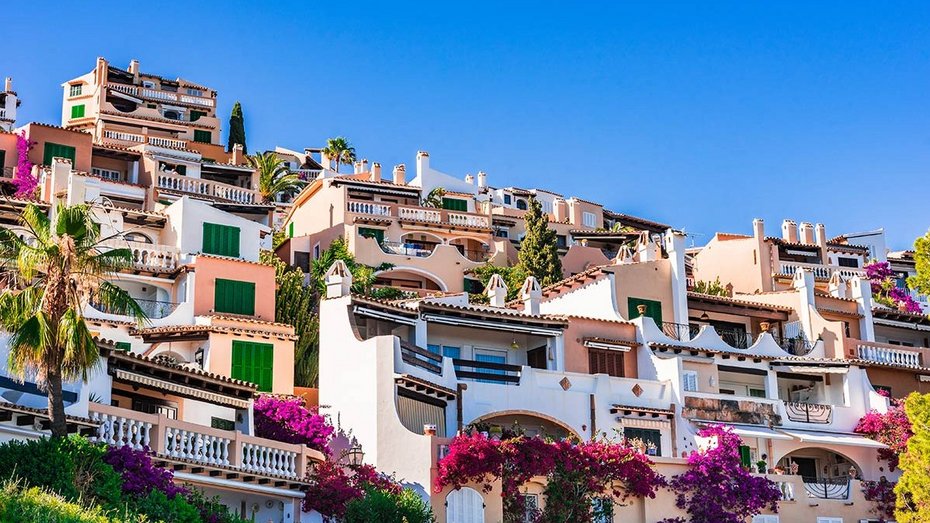Urban model and holiday rentals
Is the short-term rental of tourist accommodation in the context of the so-called “sharing economy” compatible with the urban model we want?

First of all, we are faced with an alleged clash between the hotel companies, which have always been demonized, and the idea of shared use of resources that are either completely or partially unused ("Sharing Economy"), defined as the absolute freedom to rent privately owned apartments on a daily basis.
But let's be honest, this is not a sharing economy: especially not if it is defined as an economy that allows individuals or groups to develop a gainful employment from the use of unused assets. The sharing economy must meet a number of basic parameters.
In the case of apartments, these are: partial rental (not renting out the entire apartment), isolated and occasional rental and the presence of a socializing component by sharing the accommodation with the owners. In addition, the purpose of the sharing economy, which does not protect the practice of activities that can be classified as entrepreneurial, is to promote a culture of efficient use of goods and products and not speculation with them.
However, when we talk about tourist accommodation, in reality we are faced with owners who, directly or through online portals or real estate agencies, have become real professionals in renting out one, several, dozens or hundreds of properties. Existing laws are blatantly ignored, checks and controls are bypassed, all invoking the supposed right that everyone can do what they want with their property and assets.
According to the internet portal Inside Airbnb (map of Mallorca with holiday rentals marked), of the approximately 11,200 accommodations offered by Airbnb in Mallorca, only 14% meet the requirements of the sharing economy; the remaining 86% are fully rented properties where it looks as if only the address, telephone number, keys and credit card number are "shared" with the owner. And it does not seem as if these are just occasional isolated cases. 66.9% of the properties belong to owners who own one or more properties (some of them have more than 500 properties on the island) and their average availability for rental is 300 days per year, which shows that they rent exclusively for "tourism".
In future articles we will examine the regulations in force in this area, which I believe are sufficient to control these activities. Instead of promoting property networks based on pure speculation and beyond any control, we should first assess the consequences for the urban model we want and focus on business activities that are sustainable over time and create jobs. This is difficult to reconcile with the illegal rental of housing, even when it is done under the guise of the sharing economy.
To be continued...
